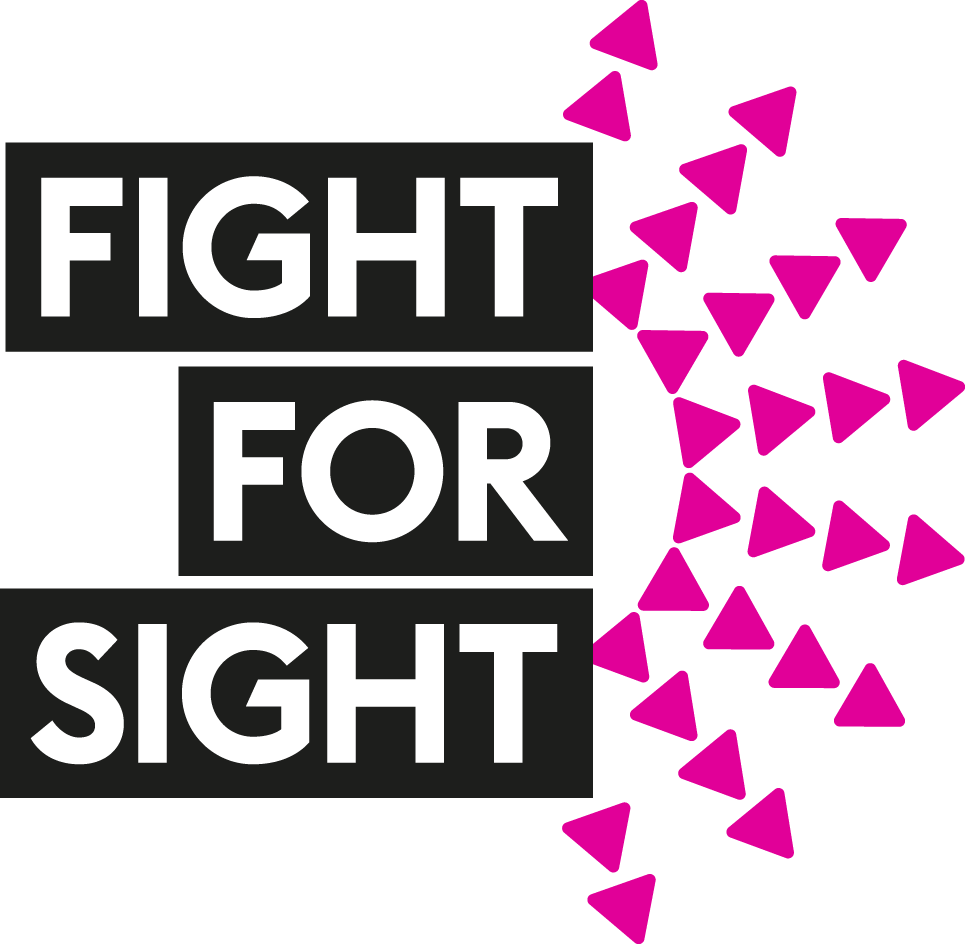How Small Grant Awards make a big impact
Fight for Sight’s Small Grant Awards support early-stage research that, without our support, might not get the funding they need.
Our small grant awards make a significant impact
A Chinese proverb says, ‘A journey of a thousand miles begins with a single step.’ It applies especially in research where significant breakthroughs begin with a simple hypothesis but what next?
Fight for Sight’s Small Grant Awards support early-stage research often around rare sight loss conditions that, without our support, might not get the funding they need. It’s the beginning of a journey that can lead to therapeutic breakthroughs to slow down sight loss or to save sight.
Discover more about some of these projects and their promise for future treatments below.
A new path of research for age-related macular degeneration
We’ve given a Small Grant Award to Dr Sergio Bertazzo at University College London (UCL).
Awarded in April 2023, the Grant aims to discover a new research path around age related macular degeneration, the most common cause of permanent and severe sight loss in the UK, which affects around 600,000 people – and growing.
The project will focus on the role of calcification (build-up of calcium salts in body tissue).
Calcification typically occurs in bone formation but can occur in soft tissue, resulting in tissue hardening and occurs in a range of diseases, including age-related macular degeneration. In age-related macular degeneration, calcification can cause AMD to progress and lead to irreversible changes.
Understanding the role of calcification in the eye could lead to future research and new treatments.
Towards personalised care for glaucoma
Dr Anthony Khawaja and Moorfields Hospital are working to create the Moorfields Glaucoma BioResource. The project is funded by Fight for Sight / Glaucoma UK Small Grant Award.
Glaucoma is the most common cause of blindness globally. Patients with the condition form a large proportion of outpatient visits in the UK hospital eye service, with over 1 million glaucoma-related visits per year.
The project aims to establish a world-leading glaucoma bioresource of linked clinical and genetic data, allowing researchers to develop prediction models for personalised glaucoma treatment.
Short-term, it will create the Moorfields Glaucoma BioResource and complete 12 months of recruitment.
Discovering the cause of hallucinations in Charles Bonnet Syndrome
Hallucinating or seeing things that aren’t there can be a frightening experience. Often people with central vision loss experience these hallucinations known as Charles Bonnet Syndrome (CBS).
The syndrome affects 11-15% of people with sight loss, although some estimates say figures could be as high as 63%.
In 2020, we awarded a Small Grant Award to Dr Matt Dunn at Cardiff University to investigate mechanisms underlying Charles Bonnet Syndrome. The team can induce mini hallucinations.
As well as increasing our understanding of CBS, the research could have implications for other visual hallucinations.
Paving the way for treatments for diabetic retinopathy
A Fight for Sight / Diabetes UK Small Grant Award enables Dr Eleni Bell to explore connections between the body’s circadian rhythm and diabetic retinopathy – a form of sight loss that can affect people with type 1 or type 2 diabetes.
The circadian rhythm is the internal clock in our brain that regulates our wake and sleep cycles by responding to light in our environment. Scientists have discovered that diabetes can have an impact on it. This small grant will explore how the circadian rhythm affects inflammation in the retina –scientists think it is a key process in diabetic retinopathy.
Dr Bell’s work at Queen’s University, Belfast, will provide invaluable insights into the mechanisms that cause diabetic retinopathy and could pave the way to new treatments that prevent sight loss.
Investigation of genetic susceptibility to retinal toxicity in patients taking anti-malarial drugs
We’ve awarded a Small Grant Award to Professor Susan Downes at Oxford University Hospitals NHS Foundation Trust to explore whether genetics impacts the likelihood of people developing blindness if they take hydroxychloroquine (HCQ).
The anti-malarial drug is widely used to treat joint and skin conditions. Long-term use could lead to incurable blindness due to irreversible damage to the retina – the light-sensitive tissue at the back of the eye. Around 1 in 10 patients taking the drug for more than five years develop HCQ retinopathy rising to 1 in 5 among those who use it for over 20 years.
Screening can only identify retinal damage that has already occurred. If doctors could predict a patient’s susceptibility to HCQ retinopathy upfront, they could adjust their treatment accordingly – preventing sight loss in people most at risk of developing the condition.
A one-off genetic test that can accurately predict a person’s susceptibility to HCQ retinopathy could lead to personalised treatment – helping to prevent blindness and reduce the burden of unnecessary testing.
We can only fund Small Grants such as these thanks to donations. Support us if you can.
Donate Now
